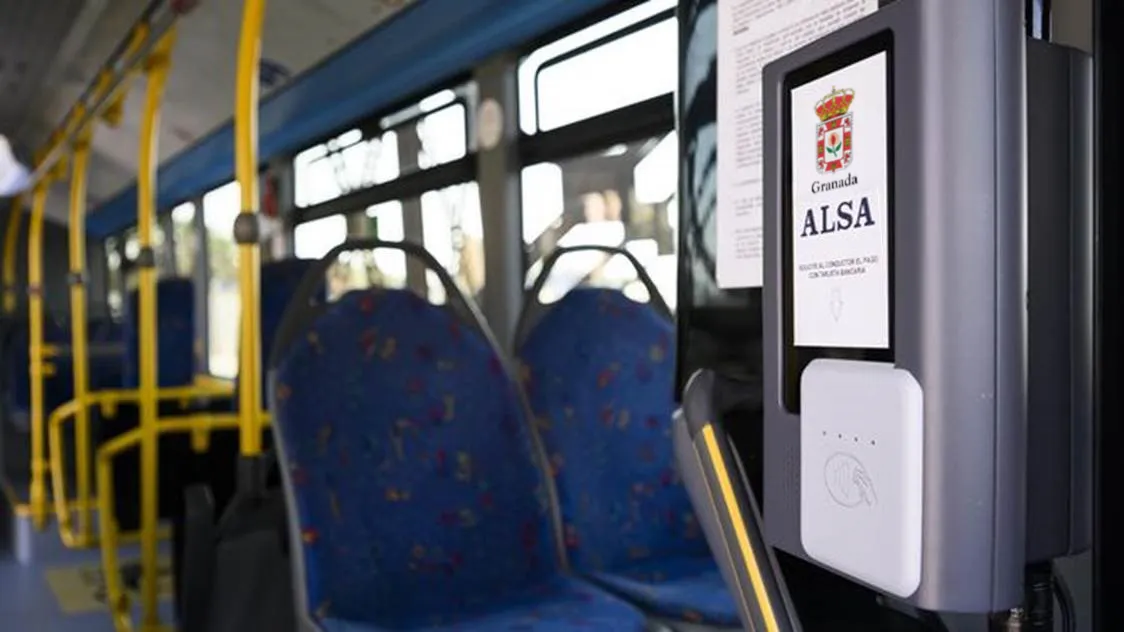
GMV is to upgrade the ticketing and computer-aided dispatch / automatic vehicle location (CAD/AVL) systems for 210 buses in the Spanish city of Granada.
GMV says the new solutions are supplied with passenger validation technology that will enable users to pay using contactless transportation cards, QR codes, and EMV cards, including physical cards and virtual versions on their smartphones.
The project also includes a website with information on transportation lines, operating schedules, and arrival times at each stop. The signs currently installed along the streets, and the automatic ticket vending and validation equipment for the line that runs across the centre of Granada, will be upgraded to make them compatible with the new system and new forms of payment.
Drivers are expected to benefit from upgraded onboard equipment, as their position will have voice and data communication with the control centre, which manages the CAD/AVL features. Information is sent from the vehicle about its location and service, and the driver is informed regarding whether the bus is ahead of schedule or running behind. It will also manage the existing onboard computer system, which consists of LED screens and an intercom.
According to GMV, there are several other features the control centre can benefit from, due to this computer-aided system.
For example, it can track the location of the vehicles and their level of compliance with the scheduled services. If necessary, the system can suggest adjustments to the services in order to improve quality. There will also be an open data interface with online services, so that information can be posted about potential connections with third-party transportation networks.
The vehicles will have an emergency button that will send alerts if any hazardous situations occur while simultaneously transmitting an audio signal to the control centre to monitor the ambient sounds, the company adds.
Some vehicles will also have passenger counting devices installed. GMV will supply 30 smartphone-type terminals to facilitate the work of ticket inspectors.
The ticketing applications will allow for configuration, operation, and production of reports. They can be integrated with external tools so that users can top-up their transportation cards online.
GMV is carrying out the project on behalf of Alsa Group.







